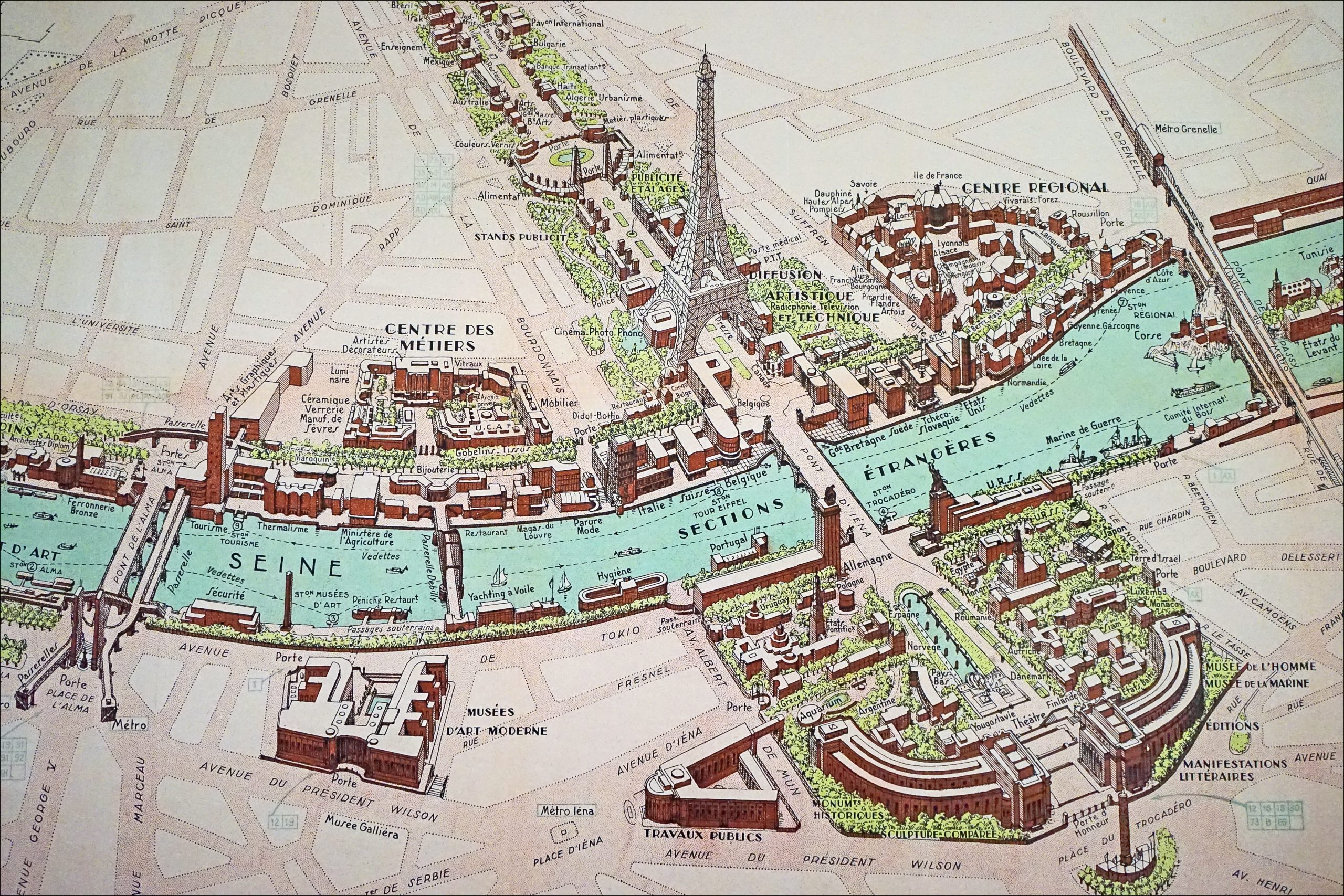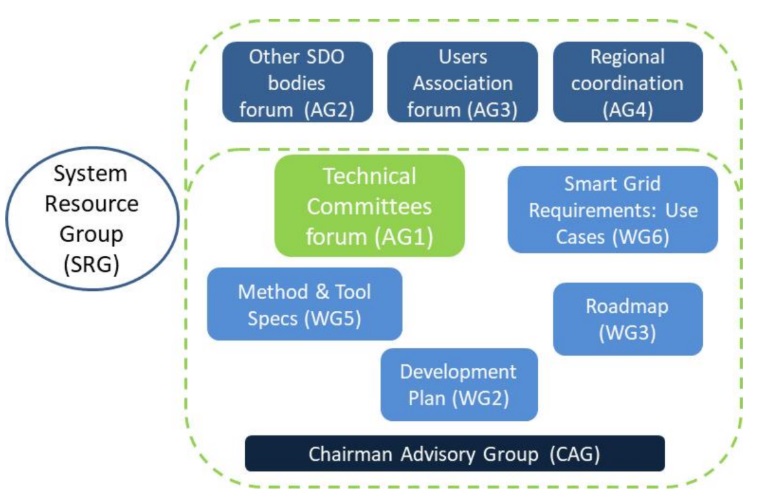
Exposition Internationale des Arts et Techniques dans la Vie Moderne / International Exposition of Art and Technology in Modern Life
We follow the administration of the the US National Committee of the International Electrotechnical Commission; a member of an international committee administered by the International Electrotechnical Commission developing global Smart Grid and Smart City concepts. Related developments happen in the following committees:
TC 8 System aspects of electrical energy supply
SC 8A Grid integration of Renewable Energy Generation
SC 8B Decentralized Electrical Energy Systems
TC 13 Electrical energy measurement and control
TC 21 Secondary cells and batteries
21/1166/CDV IEC 61427-2 ED2: Secondary cells and batteries for renewable energy storage – General requirements and methods of test – Part 2: On-grid applications | Close Date: 2023-06-16
SC 23K Electrical Energy Efficiency Products
TC 82 Solar photovoltaic energy systems
TC 120 Electrical Energy Storage Systems
TA 19 Environmental and energy aspects for multimedia systems and equipment
We limit our interest to electrotechnology interoperability issues that are present in education communities (rather than product related issues). We track coordinated action among the ISO/IEC/ITU:
ISO/IEC/ITU coordination – New work items (January 2023)
Note that there is what may appears to be a “competitor” standardization project at the ISO — TC 274 Lights and Lighting. There is enough coordination between the IEC and the ISO that we ignore the slight overlap for our purposes.
We also collaborate with other US-based and other international universities through several societies of the Institute of Electrical and Electronic Engineers (IEEE). The IEC also has several committees where leading practice is discovered and promulgated that influence electrotechnology research agendas in both the academic and business side of the education facility industry:
SyC Smart Cities: Electrotechnical aspects of Smart Cities
The ambitions of this batch of documents is to formalize the landscape of the emergent Smart City (and, accordingly, #SmartCampus) by doing the following:
- Providing the rationale for the market relevance of the future standards being produced in the parent IEC technical committee.
- Providing an indication of global or regional sales of products or services related to the TC/SC work and state the source of the data.
- Providing standards that will be significantly effective for assessing regulatory compliance.
In electrotechnology, a great deal of research is conducted in US colleges and universities — some of it funded by federal agencies; some by the corporate sector. Where appropriate we identify and highlight their research and findings — especially findings that will find a way into best practice literature that informs safety and sustainability in education communities. Many IEC titles are referenced in ISO, IET, IEEE and NFPA consensus products.
Take, for example, the Association of Medical Imaging and Electrical Equipment Manufacturers (NEMA) — the Administrator of the USNC /IEC Technical Advisory Group of the USNA/IEC — frequently releases material for US stakeholders to review. The USNA.IEC also publishes a quarterly newsletter:
There is a great deal of economic activity in this domain so we maintain our focus on the technical specifics presented in draft material. About 80 percent of the work involved in standards setting is administrative. Our focus has always been on the remaining 20 percent that involves a non-administrative skill set. Because of copyright restrictions on draft material — very common in the standards setting systems in many nations — we are mindful of releasing the full text of draft documents intended for public consultation only.
We do it this way out of necessity. There is no structured workspace provided by USNA/IEC at the moment; only emails with attachments among USNA/IEC members. Instead, we use a combination content management system hosted by the University of Michigan and the Institute of Electrical and Electronic Engineers. We coordinate our review of the state of energy sector literature here and with the IEEE Education & Healthcare Facilities Committee. All IEC products are on the standing agendas of our Energy, Power and Global colloquia. See our CALENDAR for the next online meeting; open to everyone.
Issue: [15-197]
Contact: Mike Anthony, Paul Green, Jim Harvey, Massimo Mittolo
Colleagues: Mahesh Illindala (Ohio State University), Giuseppe Parisi (Sapienza University of Roma), Loren Clark (University of Alberta). Jim Murphy (Lawrence Livermore Laboratory: University of California Berkeley), Brian Marchionini (NEMA), Paul Green (University of Michigan)
Category: Electrical, Telecommunications, Energy Management, #SmartCampus, Informatics, Information & Communications Technology
LEARN MORE:
The August eNewsletter is now available.
This issue discusses current and future practices being employed to ensure the safety of Smart Grids.https://t.co/o6Imn6grg9#IEEESG #CRAS #Safety pic.twitter.com/RBsVvya1bW— IEEE Smart Grid (@ieeesmartgrid) August 18, 2020
The @NEMAupdates Intelligence Portal pulls together targeted content from a wide variety of sources to keep Members apprised of the policy environment. Members can login here for more information: https://t.co/w0ublpgse0 pic.twitter.com/HoXaQsvycf
— NEMA (@NEMAupdates) July 29, 2020










